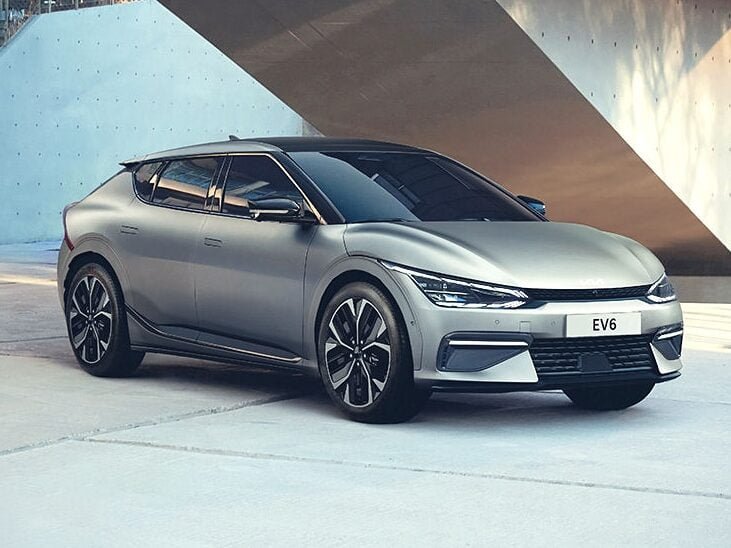Advantages Of Electric Cars
Electric cars offer numerous advantages over traditional gasoline-powered vehicles.

Firstly, electric vehicles are more environmentally friendly as they produce zero tailpipe emissions, reducing air pollution and combating climate change. Additionally, they contribute to a quieter and healthier living environment by eliminating noise pollution caused by internal combustion engines. Secondly, electric cars are highly energy-efficient. They convert around 60% of the electrical energy from the grid to power at the wheels, whereas conventional vehicles only convert about 20% of fuel energy into usable power.
This increased efficiency translates into lower operating costs for EV owners, as they require less maintenance and have fewer mechanical parts to replace. Moreover, EV provide a smooth and quiet driving experience due to their instant torque delivery and reduced vibrations. The availability of numerous charging options also ensures convenience for owners who can charge their vehicles at home or take advantage of public charging stations.
Disadvantages Of Electric Cars
While electric cars have gained popularity in recent years, they are not without their drawbacks. One major concern is the limited driving range offered by electric vehicles (EVs). Unlike traditional gasoline-powered cars, EVs often require recharging after traveling a certain distance, which can be inconvenient for long trips or in areas with limited charging infrastructure. Another significant disadvantage is the extended charging time required for EVs.
Charging an EV can take several hours, depending on the battery capacity and charging station’s power output. This prolonged charging period may not be suitable for individuals who require immediate access to their vehicles or who frequently travel long distances.
Additionally, the high upfront cost of purchasing an electric car remains a barrier for many potential buyers. Although government incentives and decreasing battery costs have made EVs more affordable over time, they still tend to be pricier than their gasoline counterparts.
Environmental Benefits Of Electric Cars
The adoption of electric cars presents numerous environmental benefits, making them a promising solution to combat climate change and reduce air pollution. One of the key advantages is their zero tailpipe emissions. Unlike conventional vehicles that emit harmful pollutants, EV produce no exhaust gases when running solely on electricity. This reduction in emissions contributes to improved air quality, particularly in urban areas where pollution levels are often high.
Furthermore, electric vehicles (EVs) have the potential to reduce greenhouse gas emissions associated with transportation. When charged with renewable energy sources such as solar or wind power, EVs can be entirely emission-free throughout their lifecycle. Additionally, as the electricity grid becomes cleaner over time, the environmental impact of EVs will further diminish. Beyond reducing local and global air pollution, electric cars offer other indirect environmental benefits.
They can help decrease noise pollution since they operate more quietly compared to internal combustion engine vehicles.
Conclusion: Are Electric Cars The Future?
Conclusion: Are Electric Cars the Future? In conclusion, EV possess numerous advantages that make them a promising alternative to traditional combustion engine vehicles. With zero tailpipe emissions, they contribute significantly to reducing air pollution and combating climate change. Moreover, their lower operating costs and reduced dependence on fossil fuels make them an economical choice for consumers in the long run.
“One of the best alternatives is replacing the old combustion engine vehicles with electric cars.”
“Zero Emissions: Electric cars produce zero emissions, helping to reduce air pollution and greenhouse gases.”
Additionally, advancements in battery technology have extended their driving range and improved charging infrastructure, addressing the issue of limited accessibility. However, it is important to acknowledge some disadvantages as well. The higher upfront cost of electric cars remains a barrier for many potential buyers, although government incentives and falling battery prices are gradually mitigating this challenge. Furthermore, limited charging infrastructure in certain areas can cause range anxiety for drivers.
“Technological advancements in battery technology, electric motors, and charging infrastructure will continue to improve the performance, range, and affordability of heavy-duty electric vehicles.”
Despite these challenges, considering the ongoing technological advancements and increasing environmental concerns globally, it is evident that electric cars hold immense potential as the future of transportation.
